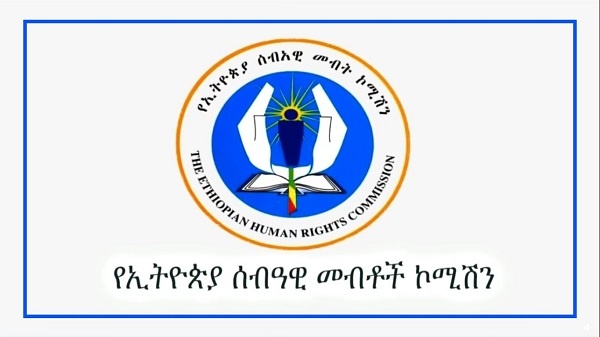
Oromia: Crimes against humanity in the aftermath of Hachalu Hundessa’s death ― The Ethiopian Human Rights Commission (EHRC) press statement
ADDIS ABABA (EHRC) – The Ethiopian Human Rights Commission (EHRC) has found that crimes against humanity was committed by individuals and groups who directly participated in the violence and security crisis that swept through Oromia Region following the death of musician Hachalu Hundessa on June 29th, 2020.
EHRC visited over 40 different localities in Oromia Region over the course of several days as part of its investigation into human rights abuses committed there between 29th June and 2nd July 2020, findings of which were released on 1st January 2021.
In the 59 pages report, the findings state that attackers moving in groups used axes, knives, machetes, sticks and other weapons to kill and injure civilians in gruesome ways that involved beheadings and torture. Altogether, 123 people died and more than 500 were injured in the carnage that also displaced thousands from their homes.
The findings show that the attacks meet the elements of a crime against humanity with large numbers of people, organized in groups, having selected their victims on the basis of their ethnicity or religion when conducting a widespread and systematic attack in several different areas over the three days.
The report also states, while it is understandable that security forces had the challenging task of restoring order in the face of such widespread violence, the proportionality of the force employed in some contexts is highly questionable. In some instances, security forces employed disproportionate force in their attempt to restore order amidst widespread violence and as a result, passersby, bystanders, young people, elderly people stepping in to mediate, and even police officers lost their lives from gunshot wounds despite having no participation in the unrest.
EHRC’s Chief Commissioner Daniel Bekele, PhD said, “Given the repeated pattern of atrocity crimes in the country, Ethiopia needs to design and implement a comprehensive national strategy for the prevention of atrocity crimes which aims to address the root causes of the problem”.
You can find the executive summary of the report, “It Did Not Feel Like We Had a Government: Violence and Human Rights Violations Following Musician Hachalu Hundessa’s Assassination – Investigation Report” by clicking here.
Source: EHRC
